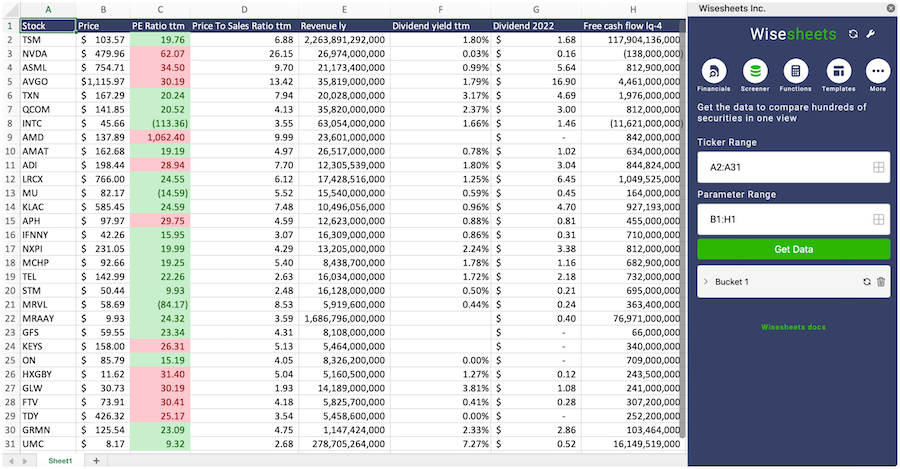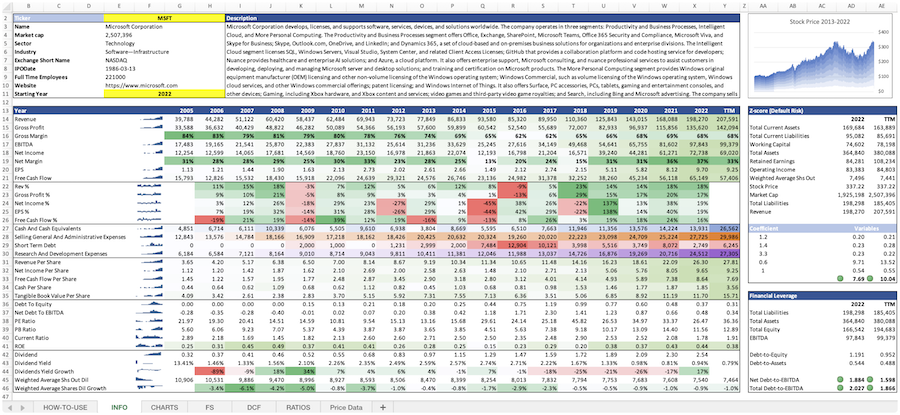Greif, Inc.
GEF
Price:
$75.73
Market Cap:
$3.59B
Greif, Inc. engages in the production and sale of industrial packaging products and services worldwide. It operates in three segments: Global Industrial Packaging; Paper Packaging & Services; and Land Management. The Global Industrial Packaging segment produces and sells industrial packaging products, including steel, fiber, and plastic drums; rigid and flexible intermediate bulk containers; closure systems for industrial packaging products; transit protection products; water bottles, and remanufactured and reconditioned industrial containers; and various services, such as container life cycle management, filling, logistics, warehousing, and other packaging services to chemicals, paints and ...[Read more]
Industry
Packaging & Containers
IPO Date
1996-02-28
Stock Exchange
NYSE
Ticker
GEF
PE Ratio
[31.29]
ROE
[39.51%]
Current Ratio
[1.23]
Dividend Yield
[2.91%]
Enterprise Value
[4.60B]
Dividend History
The PE Ratio as of February 2026 (TTM) for Greif, Inc. (GEF) is 31.29
According to Greif, Inc.’s latest financial reports and current stock price. The company's current PE Ratio is 31.29. This represents a change of 237.57% compared to the average of 9.27 of the last 4 quarters.
Greif, Inc. (GEF) Historical PE Ratio (quarterly & annually)
How has GEF PE Ratio performed in the past?
The mean historical PE Ratio of Greif, Inc. over the last ten years is 13.18. The current 31.29 PE Ratio has changed 23.65% with respect to the historical average. Over the past ten years (40 quarters), GEF's PE Ratio was at its highest in in the January 2017 quarter at 127.43. The PE Ratio was at its lowest in in the September 2025 quarter at 0.98.
Average
13.18
Median
10.94
Minimum
3.37
Maximum
29.92
Greif, Inc. (GEF) PE Ratio by Quarter and Year
Discovering the peaks and valleys of Greif, Inc. PE Ratio, unveiling quarterly and yearly fluctuations to gain insights into the company’s financial performance and market dynamics, offering valuable data for investors and analysts alike.
Maximum Annual Increase = 63.46%
Maximum Annual PE Ratio = 29.92
Minimum Annual Increase = -69.64%
Minimum Annual PE Ratio = 3.37
| Year | PE Ratio | Change |
|---|---|---|
| 2025 | 3.37 | -69.64% |
| 2024 | 11.11 | 32.34% |
| 2023 | 8.39 | -1.77% |
| 2022 | 8.54 | 5.37% |
| 2021 | 8.11 | -55.10% |
| 2020 | 18.06 | 63.46% |
| 2019 | 11.05 | 1.94% |
| 2018 | 10.84 | -51.61% |
| 2017 | 22.40 | -25.14% |
| 2016 | 29.92 | 37.30% |
Greif, Inc. (GEF) Average PE Ratio
How has GEF PE Ratio performed in the past?
The current PE Ratio of Greif, Inc. (GEF) is greater than its 3-year, greater than its 5-year, and greater than its 10-year historical averages
3-year avg
7.62
5-year avg
7.90
10-year avg
13.18
Greif, Inc. (GEF) PE Ratio vs. Peers
How is GEF’s PE Ratio compared to its peers?
Greif, Inc.’s PE Ratio is greater than Sonoco Products Company (8.15), greater than YETI Holdings, Inc. (24.47), greater than LCI Industries (20.93), greater than Columbia Sportswear Company (20.01), greater than Ermenegildo Zegna N.V. (21.78), greater than Tri Pointe Homes, Inc. (10.20), greater than Green Brick Partners, Inc. (9.72), greater than United Parks & Resorts Inc. (11.38), less than Dana Incorporated (77.48), greater than American Eagle Outfitters, Inc. (19.61),
| Company | PE Ratio | Market cap |
|---|---|---|
| 8.15 | $5.07B | |
| 24.47 | $3.88B | |
| 20.93 | $3.72B | |
| 20.01 | $3.56B | |
| 21.78 | $2.45B | |
| 10.20 | $3.05B | |
| 9.72 | $3.29B | |
| 11.38 | $2.06B | |
| 77.48 | $4.31B | |
| 19.61 | $4.10B |
Build a custom stock screener for Greif, Inc. (GEF) and other stocks
One of the best ways to find valuable stocks to invest in is to build a custom made screener in your Excel or Google Sheets spreadsheet. This allows you to compare thousands of companies like Greif, Inc. using the financials and key metrics that matter to you in a single view.
The easiest way to set this up is to use the Wisesheets add-on and set your spreadsheet like this:
Covering all these metrics from financial, data, dividend data, key metrics and more you can get all the data you want for over 50+ exchanges worldwide.
Get your free trial here.
Greif, Inc. (GEF) and other stocks custom spreadsheet templates
The easiest way to analyze a company like Greif, Inc. or any others is to create a spreadsheet model that automatically retrieves all of the stock data you need.
Using Wisesheets you can set up a spreadsheet model like this with simple spreadsheet formulas. If you change the ticker you can get all of the data automatically updated for you.
Whether you need live data, historical price data, financials, dividend data, key metrics, analyst estimates, or anything else...Wisesheets has you covered.
Frequently asked questions❓
What is the PE Ratio?
How can you use the PE Ratio?
What is Greif, Inc.'s PE Ratio?
How is the PE Ratio calculated for Greif, Inc. (GEF)?
What is the highest PE Ratio for Greif, Inc. (GEF)?
What is the 3-year average PE Ratio for Greif, Inc. (GEF)?
What is the 5-year average PE Ratio for Greif, Inc. (GEF)?
How does the current PE Ratio for Greif, Inc. (GEF) compare to its historical average?

